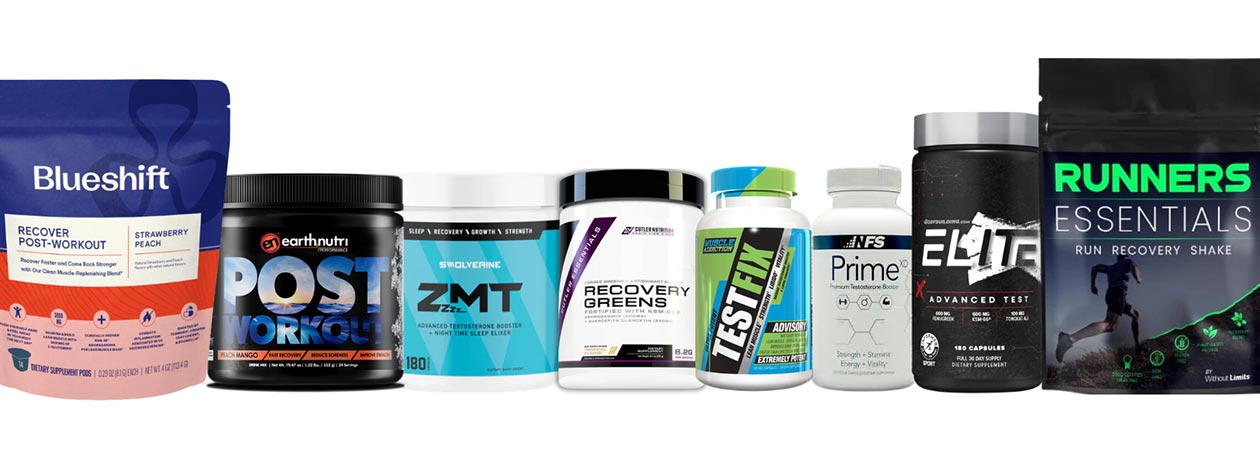


In the world of fitness and athletics, the post-workout phase is just as crucial as the actual workout. After a strenuous workout, the body experiences muscle fiber tears, glycogen depletion, increased protein breakdown, free radical production, hormonal fluctuations, and temporary immune suppression. Athletes and fitness enthusiasts worldwide recognize the importance of post-workout supplements to replenish nutrients, repair damaged muscle tissues, reduce muscle soreness, and improve overall recovery.
The global Post-workout Supplements market size is projected to grow from US$ million in 2022 to US$ million in 2029; it is expected to grow at a CAGR of % from 2023 to 2029.1 While commercial post-workout supplements can be effective, the quest for natural and effective post-workout remedies is intensifying. Ashwagandha stands out as one of the best examples of a post-workout supplement due to its unique properties and potential benefits for recovery and overall fitness progress.
Ashwagandha, scientifically known as Withania somnifera, is an ancient adaptogenic herb that can help the body manage stress and cortisol levels. Incorporating Ashwagandha into your post-workout routine may aid in reducing stress-related factors that could impact recovery. Several human clinical trials published in reputed journals have shown the efficacy of KSM-66 Ashwagandha supplementation in reducing cortisol levels and perceived stress scores in stressed adults.2,3,4
Although ashwagandha root’s anabolic-enhancing attributes are impressive, its ability to encourage post-exercise rapid recovery is equally astonishing. Research published in the Journal of International Society of Sports Nutrition, found that an 8-week supplementation of KSM-66 Ashwagandha root extract (600mg/day) led to a significant reduction in the serum creatinine phosphokinase levels indicating faster recovery.5 A soon to be published study also demonstrated that KSM-66 Ashwagandha root extract (600mg/day) led to a 7.19% reduction in serum creatinine phosphokinase levels indicating faster recovery when compared to placebo.6
Another study published in the Journal of Ethnopharmacology found that KSM-66 Ashwagandha root extract supplementation (600mg/day) resulted in significant improvement in the Total Quality of Recovery (TQR) scores and also in Recovery-Stress Questionnaire for Athletes (RESTQ) scores of general stress (37.36%), fatigue (60.71%), and general wellbeing (59.27%) domains, when compared to the placebo.7
Ashwagandha not just aids in faster recovery but it also helps in building natural testosterone which aids in muscle growth and repair. Studies conducted using KSM-66 Ashwagandha root extract demonstrated an average of 16% increase in the testosterone levels in men when supplemented with 600mg/day.8,9,10
Takeaway:
In the ever-evolving fitness landscape, post-workout recovery is paramount. With a historical footprint as an adaptogenic herb, Ashwagandha, especially in its KSM-66 extract form, emerges as a powerful contender in the world of post-workout recovery. From its proven ability to manage cortisol levels and stress to its commendable capacity in promoting faster muscle recovery and enhancing testosterone levels, Ashwagandha stands tall in its promise of holistic post-exercise benefits.
Here are few examples:

Reference: